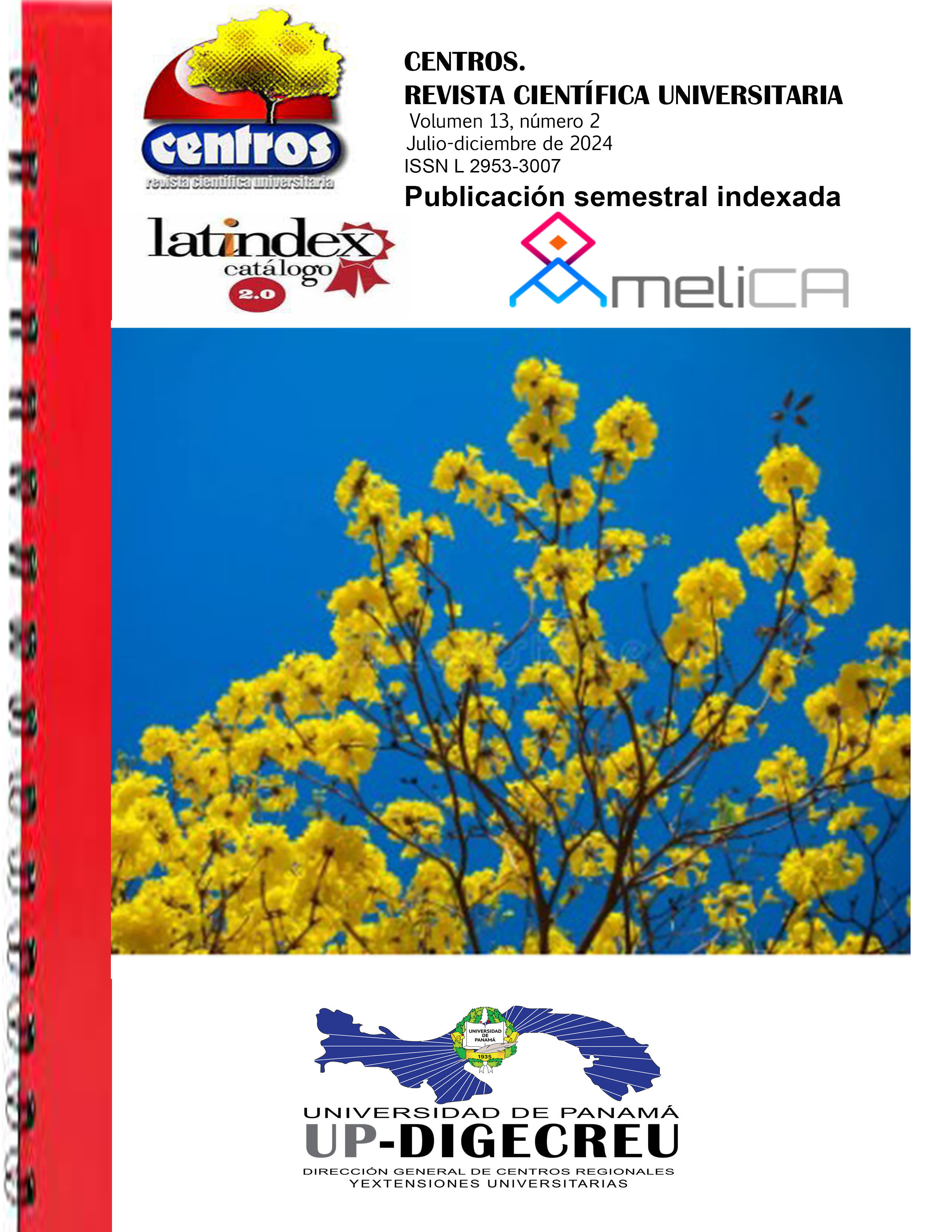

Copyright (c) 2024 Centros: Revista Científica Universitaria

This work is licensed under a Creative Commons Attribution-NonCommercial-ShareAlike 4.0 International License.
This work aims to identify the knowledge, practices and beliefs of the inhabitants of the rural and semi-rural communities of Sorá regarding the final disposal of medicines. This research is non-experimental, based on a prospective, explanatory, descriptive and cross-sectional study. The population is made up of 208 residents. To collect data, a survey was applied, with prior consent of the interviewee and maintaining total confidentiality. A form was structured, with which a database was generated, which was subsequently processed in the SPSS Version 27 and Excel 2019 program, obtaining tables and graphic statistics, for subsequent analysis. Most respondents do not know the correct way to dispose of unused medications and throw them in the trash when they are expired or unused. Likewise, it maintains the belief that the way in which medications are disposed of does not affect people's health or the environment. The results show that the population studied had not received the necessary information on how to dispose of medications, which is reflected in unsafe practices for their disposal. Most people need intervention sessions aimed at modifying their beliefs regarding the final disposal of medications and their impact on the environment and health, given that their opinions have not been satisfactory for the care of the environment.